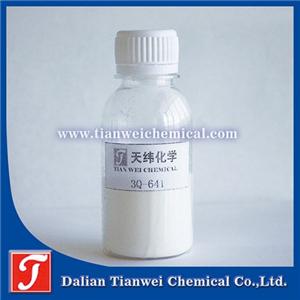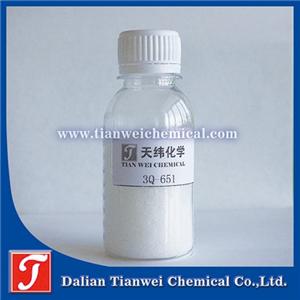What is the difference between a fungicide and an antibiotic?
What is the difference between a fungicide and an antibiotic? Fungicides and antibiotics are often seen as the same thing because they have some common properties, but there are clear differences between the two. Fungicides weaken and delay the growth of bacteria and other microorganisms, and therefore prevent bacteria from causing further infection. However, antibiotics are used to kill bacteria, fungi and parasites.
Unlike most fungicides, bacteria can become resistant to antibiotics after prolonged use. Some fungicides can hinder the healing process and make the wound worse. One of the main differences between fungicides and preservatives is the way they defend against bacteria and other microorganisms. kill
Fungicides and antibiotics are often seen as the same thing because they have some common properties, but there are clear differences between the two. Fungicides weaken and delay the growth of bacteria and other microorganisms, and therefore prevent bacteria from causing further infection. However, antibiotics are used to kill bacteria, fungi and parasites. Unlike most fungicides, bacteria can become resistant to antibiotics after prolonged use. Some fungicides can hinder the healing process and make the wound worse.
One of the main differences between fungicides and preservatives is the way they defend against bacteria and other microorganisms. Fungicides slow the growth of bacteria, but do not kill them. Unlike antibiotics, fungicides are also effective against other microbes and therefore have potential benefits against other infections. While antibiotics can kill bacteria, they are not effective against other types of infections. Antibiotics protect against specific parasites and fungi in the body, but they usually require prescription drugs to be effective because they are so powerful.
An important difference between fungicides and antibiotics is that bacteria develop immunity when a particular antibiotic is used for a long time or when a course of treatment is not completed. But bacteria don't respond in the same way to fungicides. To prevent immunity to antibiotics, a doctor will recommend completing the entire course of antibiotics, or using different antibiotics for a particular disease to ensure that all bacteria are killed.
Some types of fungicides can hinder healing and irritate the skin, and often require special methods of application. For example, hydrogen peroxide may need to be dried thoroughly before applying a bandage, while phenol has the potential to further damage the skin if applied. Antibiotics don't have similar side effects. Therefore, when treating skin wounds, antibiotic ointments are usually recommended.
Because of their limited utility, microbicides are usually applied externally to prevent bacteria and other microorganisms from entering open wounds, but oral microbicides are also available. It is rare for the same infections, such as urinary tract infections, to be treated with fungicides and antibiotics. In this case, specific treatment needs to be determined based on the severity and type of urinary tract infection. Antibiotics, mostly taken orally, usually penicillin, kill infections in the body.




